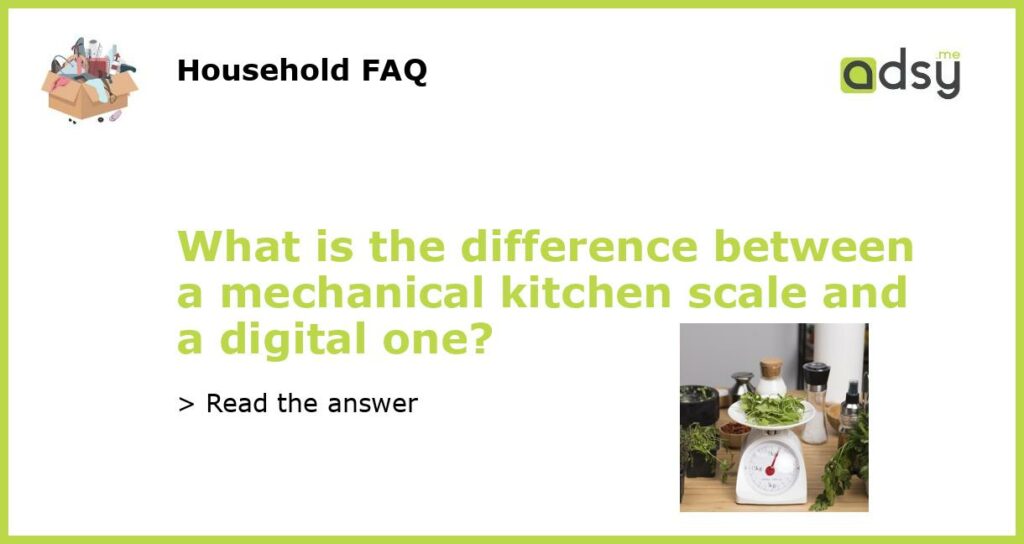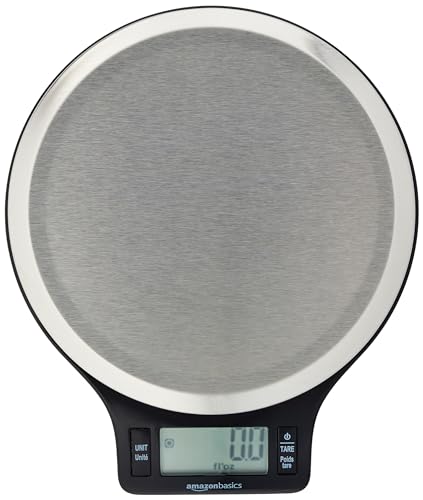Mechanical Kitchen Scales vs Digital Kitchen Scales
When it comes to weighing ingredients in your kitchen, you have two main options: mechanical scales and digital scales. While both can provide accurate measurements, there are some differences you should consider before making your purchase.
Digital Scales: Pros and Cons
Digital kitchen scales use electronic sensors to measure weight, and often come with additional features like a tare function, backlit display, and easy-to-clean surface. They are typically more accurate than mechanical scales and can measure smaller quantities more precisely. However, they require batteries and can be affected by humidity and temperature changes. Digital scales also tend to be more expensive than mechanical scales.
Mechanical Scales: Pros and Cons
Mechanical kitchen scales use a spring that is calibrated to respond to weight, and typically have a simple, classic design. They do not require batteries and are not affected by changes in humidity or temperature. While they may not be as precise as digital scales, they can handle larger quantities of ingredients with ease. However, they can require manual adjustment and are not always as easy to read as digital scales.
Which is Right for You?
Ultimately, the choice between a mechanical kitchen scale and a digital one comes down to personal preference. If you prioritize accuracy and precision, a digital scale may be the best option for you. However, if you’re looking for a more traditional and budget-friendly option, a mechanical scale may be the way to go.
Whether you choose a mechanical or digital kitchen scale, both can provide accurate measurements and make your cooking and baking tasks easier. Consider your needs and budget before selecting the one that’s right for you.






